
How tech can turn philanthropy into a real safety net
How tech-driven philanthropy can move faster, save lives and act as a real safety net, using Helpster Charity’s real-time, transparent healthcare funding model.

How tech-driven philanthropy can move faster, save lives and act as a real safety net, using Helpster Charity’s real-time, transparent healthcare funding model.

Thermo Fisher Scientific’s Santhosh Nair explains how advanced in-vitro diagnostics are transforming allergy care across Europe, enabling faster, more precise testing and improving outcomes for millions.

How workflow intelligence, powered by large language models, is ushering in a new era of efficiency and collaboration in diagnostic medicine.

Stanley Olisa, PR Manager at Helpster Charity, explores how companies can replace one-off CSR campaigns with transparent, tech-driven systems that deliver measurable, sustainable social impact.

Over two billion people suffer allergies. Many without knowing the cause. Here’s how Thermo Fisher Scientific unlocks the answers.

Ric Thompson of OneAdvanced explores how responsible AI, clinician co-design, and transparent innovation can help rebuild public trust and relieve pressure across the NHS.
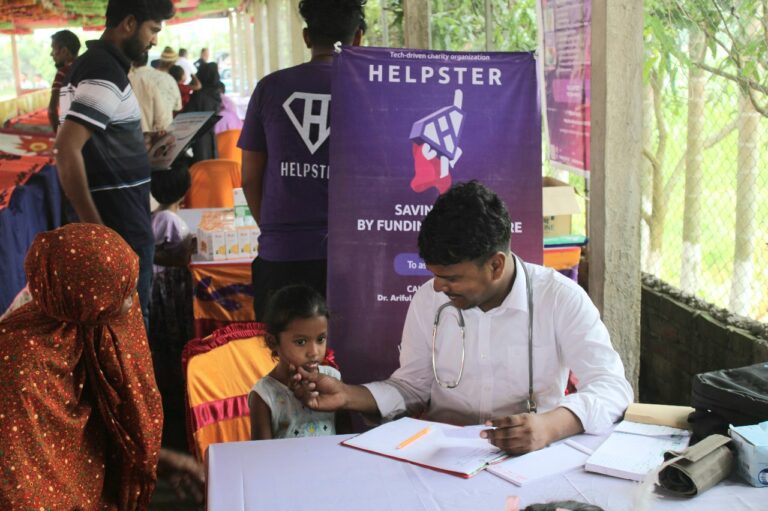
Helpster Charity proves health insurance can work without premiums, offering fast, transparent, tech-driven cover that saves lives and protects families from poverty in Africa and Asia.

Dr Mark Palmer of Ansys explores how digital heart twins, AI, and in silico medicine are transforming cardiology, improving treatment planning, accelerating trials, and redefining patient care.

The UK public sector is rapidly adopting AI, but without ethical literacy and regulation, risks of bias and eroded trust loom. Skills and ethics must lead adoption.
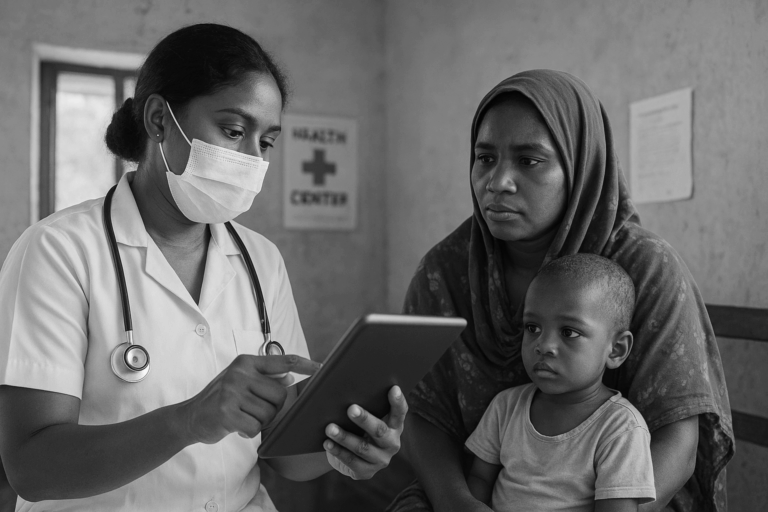
Half the world lacks essential healthcare. Discover how tech solutions like Helpster’s digital-first model are transforming global health aid and closing life-threatening gaps in access.

Helpster’s Health Help Platform connects underserved patients in Africa and Asia with donors, hospitals, and volunteers, using technology to bridge healthcare gaps and deliver life-saving support.

Agentic automation is transforming UK healthcare by reducing admin, boosting efficiency and empowering staff—supporting a smarter, more responsive and digitally advanced NHS.

Helpster’s 2024 report reveals how tech-driven healthcare funding is saving lives in underserved regions, proving that innovation and transparency can transform global health outcomes.
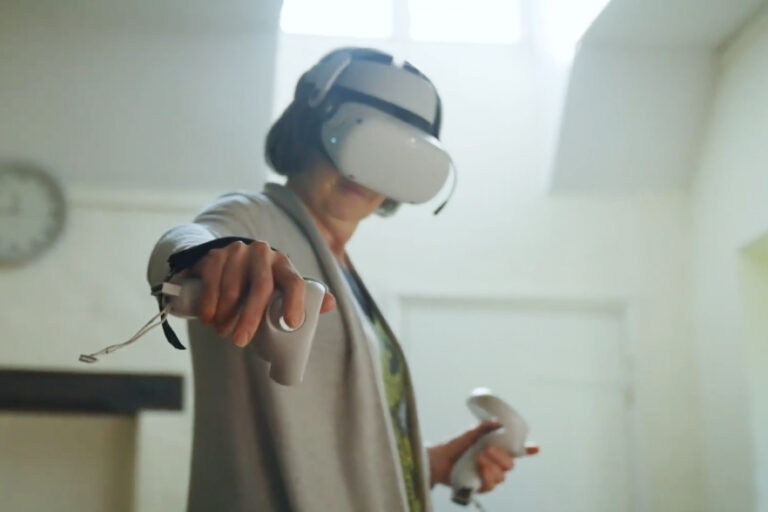
Researchers at the University of Plymouth have shown that developing tech with – not for – the digitally excluded can produce remarkable results.
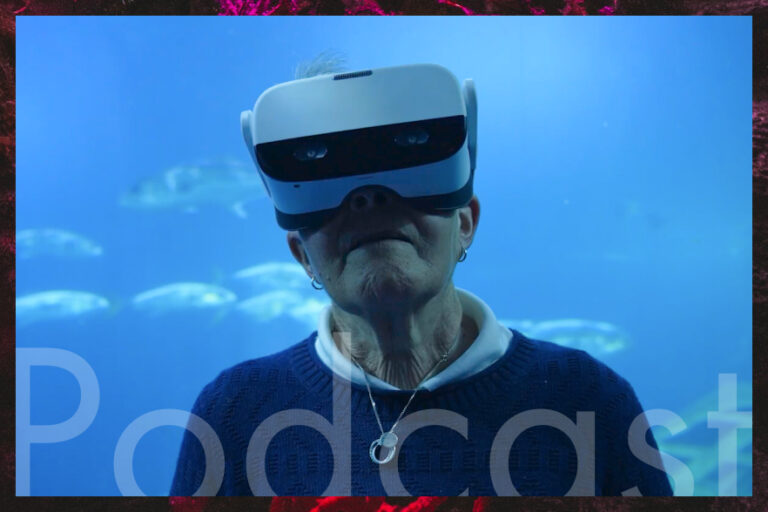
Inside ICONIC, the research project that codesigned four novel new technologies hand-in-hand with the digitally excluded.

Helpster Charity demonstrates how technology-driven healthcare solutions can break barriers, providing life-saving medical support to underserved communities and ensuring equitable access to essential treatment worldwide.
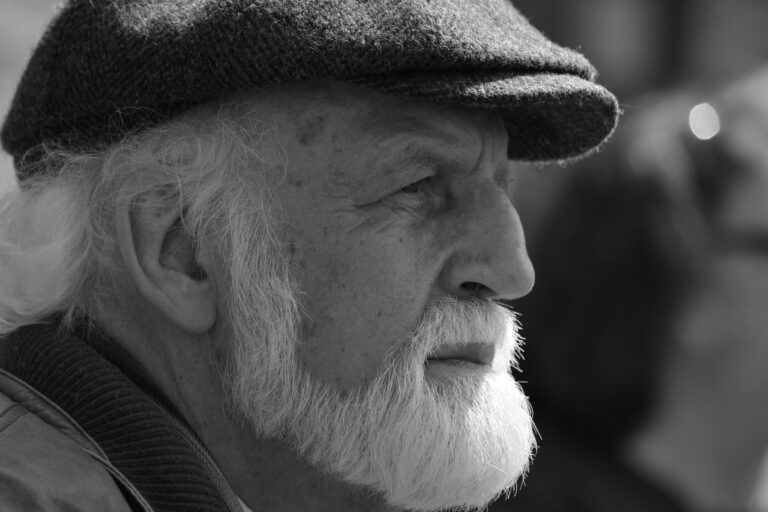
Daniel Avery, head of venture building at Rainmaking, on the healthtech innovations spurred via London’s Thames Freeport special economic

Smart leggings with built-in sensors offer a breakthrough in sports medicine, helping to reduce ACL and hamstring injuries in women by providing real-time movement analysis.
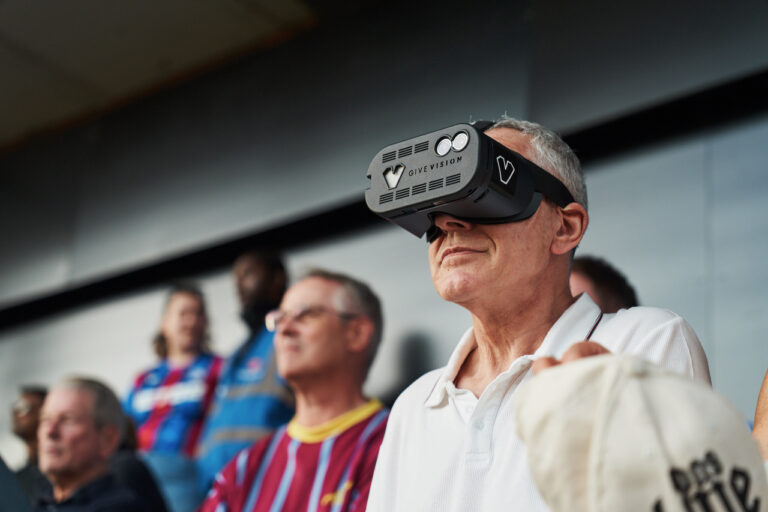
Technology is changing the world in countless ways, and one of the most exciting advancements today is the way it’s
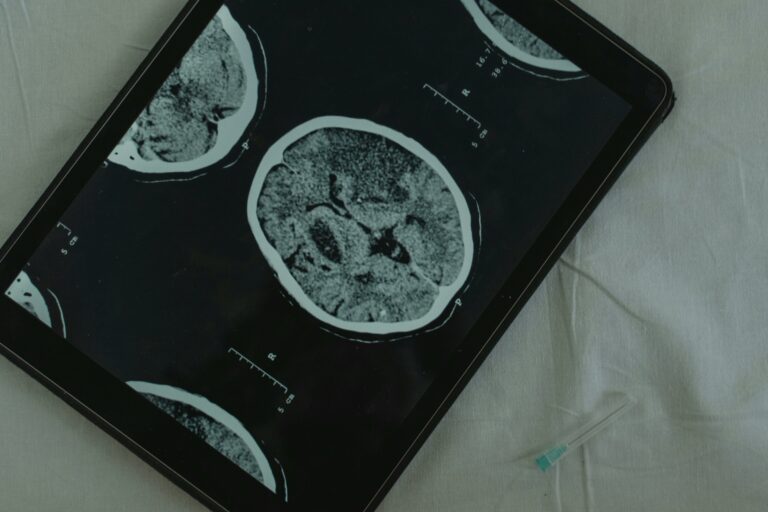
Sapio Sciences CEO predicts key advancements in diagnostics, mental health, and physician support
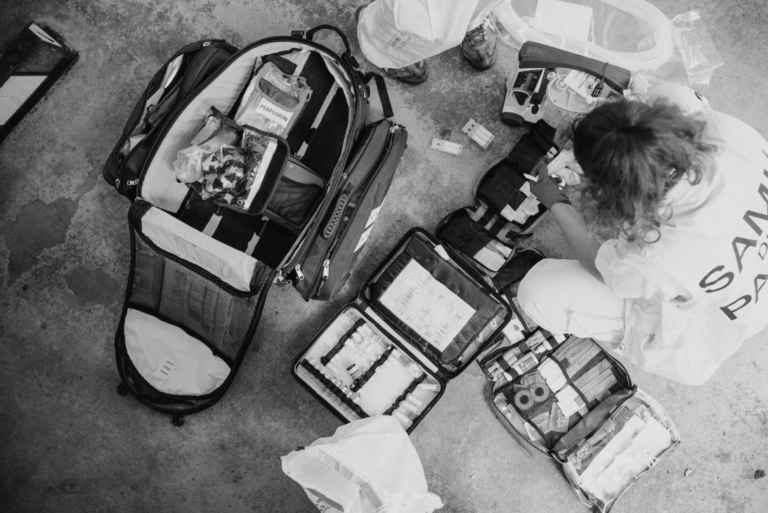
Telemedicine is transforming healthcare access. Kat James, Director of New Projects at Consultant Connect, shares how simple tech solutions are bridging gaps for underserved communities in the UK and beyond.
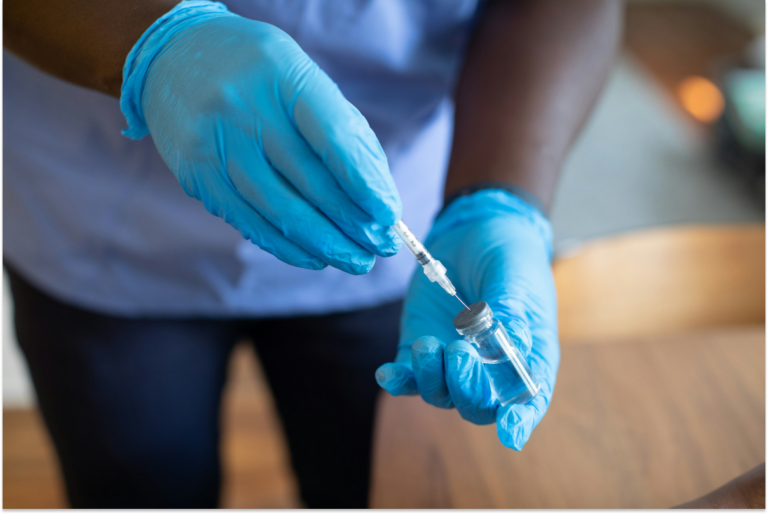
Alicia Staley, Chief Patient Officer at Medidata, highlights the need for diversity in clinical trials, exploring how AI and patient-centred technology improve accessibility and inclusivity.

Matthew Jenkins, founder of Dream and Leap, examines technology’s impact on mental health, urging leaders to foster balance and ensure it enhances, rather than overwhelms, human wellbeing.

Navigating online mental health support is often confusing and fragmented. Clearer signposting and better data infrastructure can make finding help as simple as everyday digital tasks.
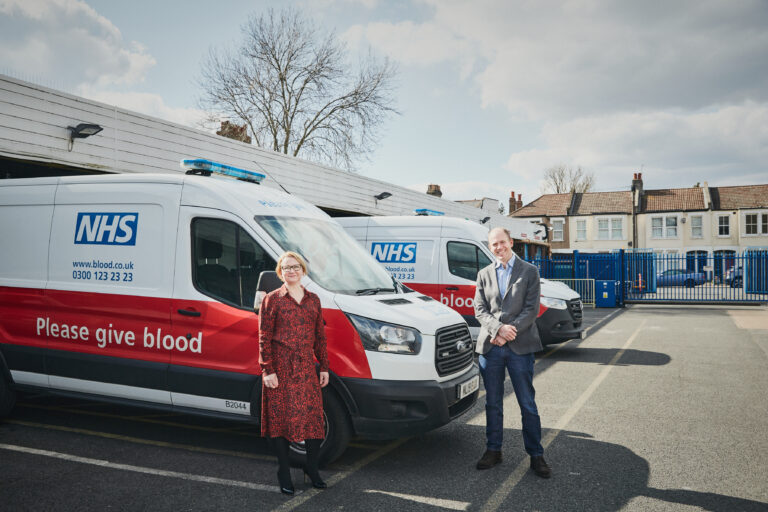
NHS Blood and Transplant keeps people alive. Wendy Clark and David Rose discuss the role of technology.
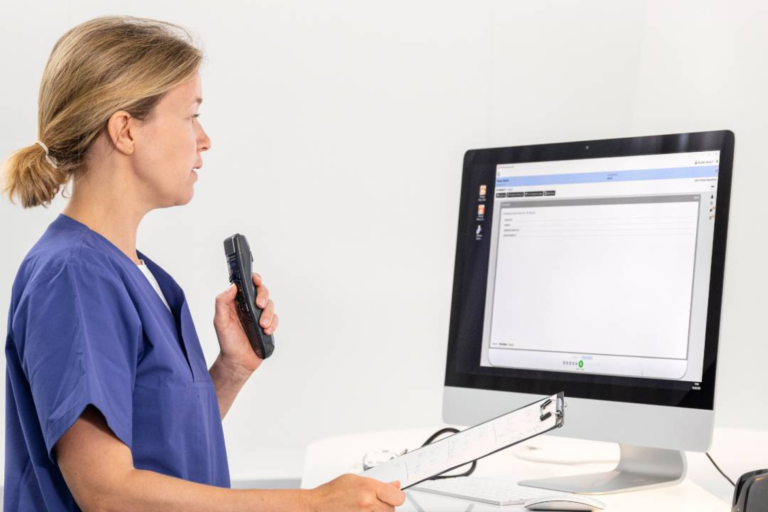
AI and natural-language processing present a huge opportunity for stretched healthcare systems to transform their clinical day-to-day.
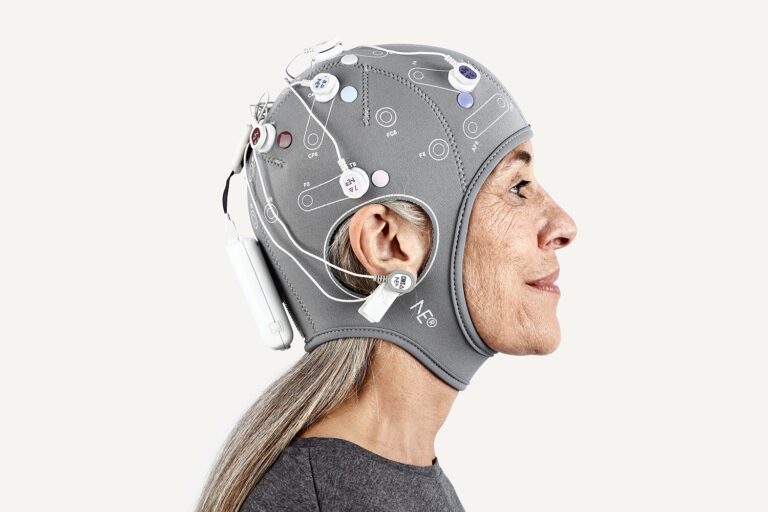
Neuroelectrics’ Ana Maiques explains how brain stimulation can help patients with epilepsy and depression

How Mars, Google, and AMV BBDO proved to a sceptical world that coral reefs can be restored.

Mark Pestridge of Telehouse Europe highlights how tech leaders can leverage data centre ESG initiatives to drive sustainability, workforce development, and community impact while advancing corporate goals.

Struggling with cybercrime? M.K. Palmore from Palo Alto Networks highlights the potential of public-private partnerships
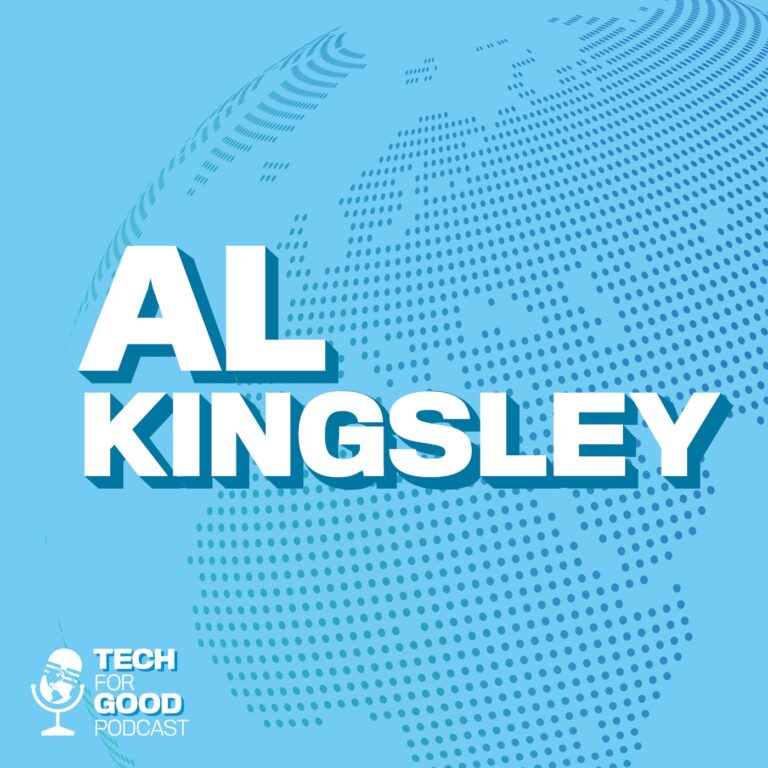
Al Kingsley is CEO of edtech company NetSupport, and an influential voice on the topics of education and technology in the UK. In this podcast, Al discusses using tech in the right way as teachers and children adapt to the new normal.

HIV prevention drugs have helped reduce infection rates globally. Now Gilead Sciences has rolled out its digital platform, PrEP Hub® , in the US with a mission to help improve access to drugs and reduce stigma among the communities that most need it.
We find out why it’s a gamechanger in the fight against HIV.

How tech-driven philanthropy can move faster, save lives and act as a real safety net, using Helpster Charity’s real-time, transparent healthcare funding model.

Thermo Fisher Scientific’s Santhosh Nair explains how advanced in-vitro diagnostics are transforming allergy care across Europe, enabling faster, more precise testing and improving outcomes for millions.

How workflow intelligence, powered by large language models, is ushering in a new era of efficiency and collaboration in diagnostic medicine.

Stanley Olisa, PR Manager at Helpster Charity, explores how companies can replace one-off CSR campaigns with transparent, tech-driven systems that deliver measurable, sustainable social impact.

Over two billion people suffer allergies. Many without knowing the cause. Here’s how Thermo Fisher Scientific unlocks the answers.

Ric Thompson of OneAdvanced explores how responsible AI, clinician co-design, and transparent innovation can help rebuild public trust and relieve pressure across the NHS.

Helpster Charity proves health insurance can work without premiums, offering fast, transparent, tech-driven cover that saves lives and protects families from poverty in Africa and Asia.

Dr Mark Palmer of Ansys explores how digital heart twins, AI, and in silico medicine are transforming cardiology, improving treatment planning, accelerating trials, and redefining patient care.

The UK public sector is rapidly adopting AI, but without ethical literacy and regulation, risks of bias and eroded trust loom. Skills and ethics must lead adoption.

Half the world lacks essential healthcare. Discover how tech solutions like Helpster’s digital-first model are transforming global health aid and closing life-threatening gaps in access.

Helpster’s Health Help Platform connects underserved patients in Africa and Asia with donors, hospitals, and volunteers, using technology to bridge healthcare gaps and deliver life-saving support.

Agentic automation is transforming UK healthcare by reducing admin, boosting efficiency and empowering staff—supporting a smarter, more responsive and digitally advanced NHS.

Helpster’s 2024 report reveals how tech-driven healthcare funding is saving lives in underserved regions, proving that innovation and transparency can transform global health outcomes.

Researchers at the University of Plymouth have shown that developing tech with – not for – the digitally excluded can produce remarkable results.

Inside ICONIC, the research project that codesigned four novel new technologies hand-in-hand with the digitally excluded.

Helpster Charity demonstrates how technology-driven healthcare solutions can break barriers, providing life-saving medical support to underserved communities and ensuring equitable access to essential treatment worldwide.

Daniel Avery, head of venture building at Rainmaking, on the healthtech innovations spurred via London’s Thames Freeport special economic

Smart leggings with built-in sensors offer a breakthrough in sports medicine, helping to reduce ACL and hamstring injuries in women by providing real-time movement analysis.

Technology is changing the world in countless ways, and one of the most exciting advancements today is the way it’s

Sapio Sciences CEO predicts key advancements in diagnostics, mental health, and physician support

Telemedicine is transforming healthcare access. Kat James, Director of New Projects at Consultant Connect, shares how simple tech solutions are bridging gaps for underserved communities in the UK and beyond.

Alicia Staley, Chief Patient Officer at Medidata, highlights the need for diversity in clinical trials, exploring how AI and patient-centred technology improve accessibility and inclusivity.

Matthew Jenkins, founder of Dream and Leap, examines technology’s impact on mental health, urging leaders to foster balance and ensure it enhances, rather than overwhelms, human wellbeing.

Navigating online mental health support is often confusing and fragmented. Clearer signposting and better data infrastructure can make finding help as simple as everyday digital tasks.